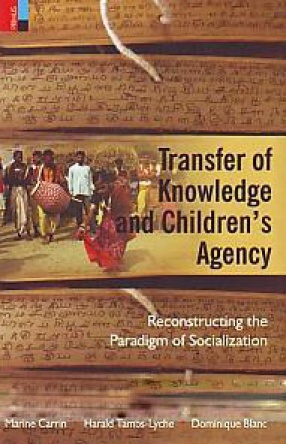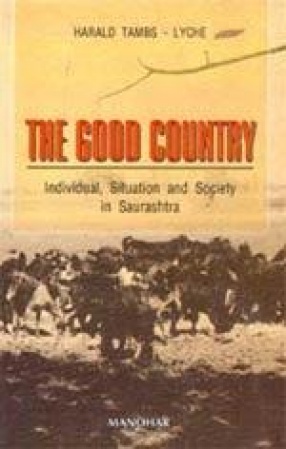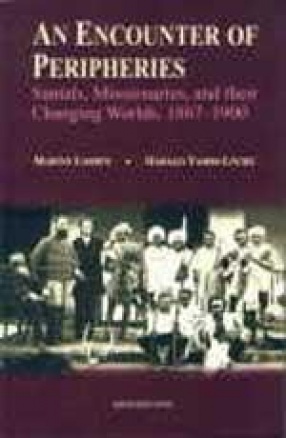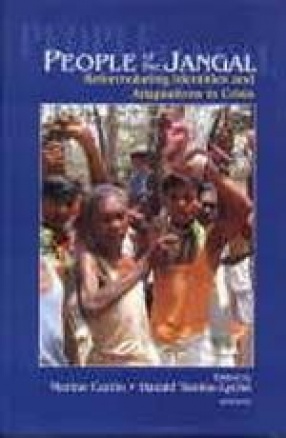
Harald Tambs-Lyche

Showing all 6 books


As knowledge is transmitted to new generations it changes constantly, being reinterpreted and reinvented by children and youth. It can be studied only through its circulation and deployment, not as an object in itself. The need to know is universal, but knowledge is always framed by tenets particular to each culture, and it must be studied transculturally.
Transfer of Knowledge and Children's Agency: Reconstructing the Paradigm of Socialization is a transcultural ...

Village studies have dominated anthropological writing on India for a long time, though more recently, much has been written on the big cities. This study is original in focusing on a small-town bourageoisie.
Udupi, in South Kanara (north of Mangalore, was just a famous pilgrimage centre, then an administrative unit, unitl the 1890s. They were instrumental in creating a flourishing market and town, and their businesses still from the core of the local economy. ...

Dealing with Saurashtra, a complex but little studied part of Western India, this book extends monographic treatment to an entire region, and thereby reveals the dynamic and changing nature of relations between castes. Town, village and Hamlet all participate as backgrounds for the image people in Saurashtra have of their society, while the ever-present past informs them of the past itinerary of present groups, and provides a diachronic perspective on the power ...


This book partakes of the post-colonial reassessment of the nineteenth century, where agency is seen to lie, not just with the colonizing centre, but also with the colonized periphery. Here, missionaries from a peripheral part of Europe--including a Norway striving to decolonize itself--try to convert the Santals, an Indian tribe which had rebelled against the intruding colonial order. Provincializing the European origins of the missionaries, the authors try to ...

Globalization processes link centres of power and culture all over the world. But these are surrounded by peripheries, whose integration in the global paradigm is neither an inevitable nor an automatic process, as a naive perception might lead us to believe. In South Asia, such peripheries seem a long way from the cosmopolitanism of Bombay or Bangalore, and the crisis is hardly the same to the ecologist statesman and the herdsman looking for pasture. Societies in ...
